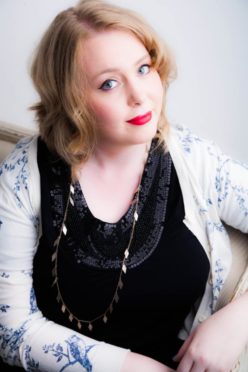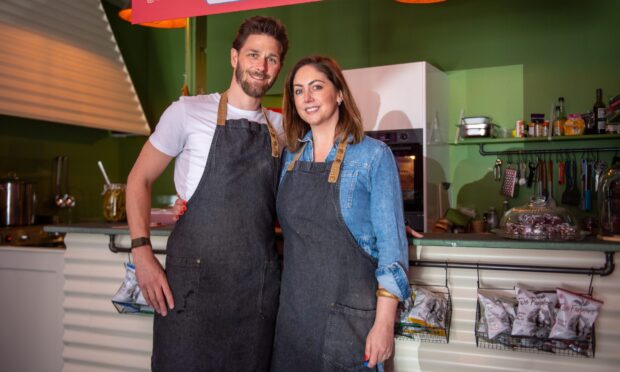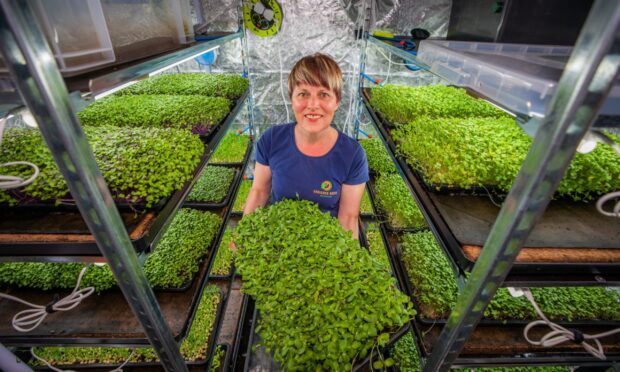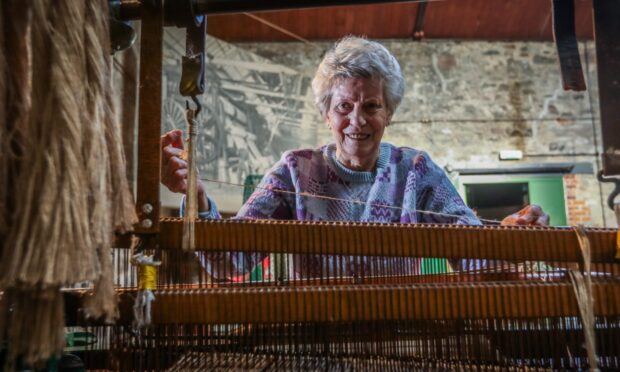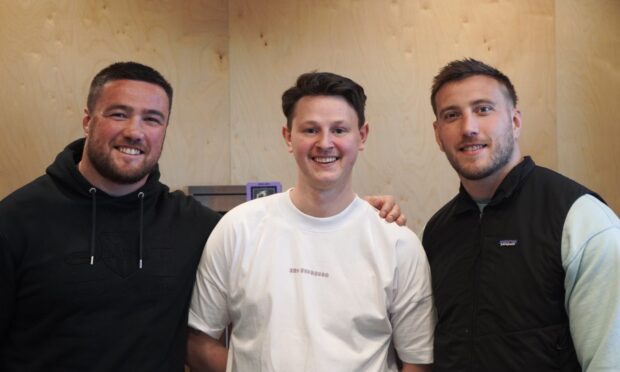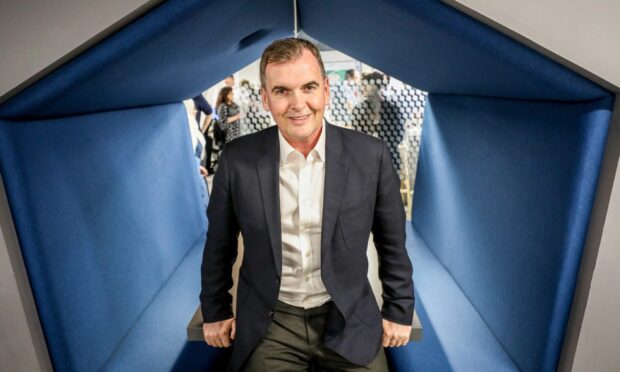Sarah Goodwin has been writing since she was 12 and just as she was wondering whether a career as a novelist was a total fantasy, she achieved her dream of a book deal for Stranded: an unnerving tale of survival in a world where actions have no consequences.
Growing up, Sarah was lucky enough to have parents who loved books and were keen to pass that passion onto their daughter. “They’d take me to the library on the bus even though it was over an hour away,” she says, “My dad also loves procedural crime and thriller films so I get a lot of inspiration from things we’ve watched together.
“They never policed what was and wasn’t appropriate, except weirdly, for ‘Power Rangers’ which was deemed ‘too violent’. But I did get exposed to a lot of different plots and styles of writing, which I think has helped me develop my own style.”
Island setting
Set on an island, Stranded deals with a group of people who are challenged to live alone in the remote location for a year for a reality TV show. Events take a turn when it becomes clear that the group of eight are stranded. “The island itself is entirely fictional,” explains Sarah, “but I based it on some of the places I’ve been in England. As a family we went camping a lot because it was affordable. We’d go to living history museums, see people making roundhouses and learn about whittling and pottery. I’ve been down old mines in the dark and damp, which very much inspired the cave in the novel.”
The winterscapes were inspired by her own experience of an uncomfortable school trip to Norfolk: “We went in January to survey the beaches and visit a wildlife preserve. I’d never seen snow on a beach before. It was freezing cold and none of my friends went, so it was just me and a group of people I didn’t know or get on with very well.
“The coastline was so bleak and empty, it was like being at the end of the world, but in a peaceful way. The island is very like that; harsh and beautiful at the same time.”
The author clearly enjoying plotting her characters’ navigation of their situation, “I enjoy pushing people when I write – just letting them have it and see how they survive. Which sounds quite sadistic really!
“Letting the characters bring out the worst in each other and devolve was fun to write. I don’t really plan before I write, so it’s like reading a story that’s being written by someone else as it happens. I was waiting to see what they’d do next and some of it was actually quite shocking.”
The development of the characters and how they change (or can’t change) is fascinating: “I think at the end of the novel, they aren’t really different people, but more distilled versions of what they already were.” Sarah points out; “part of civilisation is reigning in your behaviour because it has consequences. But when they’re abandoned, they let go of those reigns completely because they don’t think any consequences are coming. Or, if they are, they aren’t as important as surviving.”
Reality experiences
She is also keenly aware of the impact that such television shows and ‘reality’ experiences can have on their contestants. “If the show had ended on time, they could have probably hidden or rationalised away those parts of themselves before they became too exposed. You see in those ‘after shows’ people trying to manipulate the narrative and gaslight the people they wronged. But that’s not the real story. That’s something I picked up on in watching those shows.
“I was really inspired by TV shows like ‘Castaway 2000’, ‘Pioneer House’ and especially ‘Eden’ on Channel 4. Watching that there was this undercurrent of despair and hostility that went beyond any other reality show I’d seen. Right before they leave the island one of the shelters burns down and I asked myself, ‘What if that was deliberate? And what if they weren’t about to leave, but staying much, much longer?’”
Maddy, the central character is partly autobiographical, or “a dark mirror version of me,” says Sarah, “I have a great relationship with my parents, I live with them, I grew up in a rural area and all my friends lived quite far away. So I spent a lot of time with my parents. But with Maddy I’ve turned that into a negative thing and dug into some fears and insecurities.”
Isolation
Touching on the coastal setting for her novel, Sarah explains that: “Islands are a great way to isolate people in this modern age where everyone is contactable all the time. But also I think islands are fascinating. They can be so insular and self-sufficient, with their own culture and community. They remind me of ‘The Wicker Man’ and how outside rules don’t necessarily make it across the water. Anything can happen on an island and the rest of the world wouldn’t have any idea.”
Since she wrote Stranded, Sarah has secured another book deal with Avon and has written two more books. She is working on ideas for several more novels and on her podcast where she reviews witch themed books and films.
